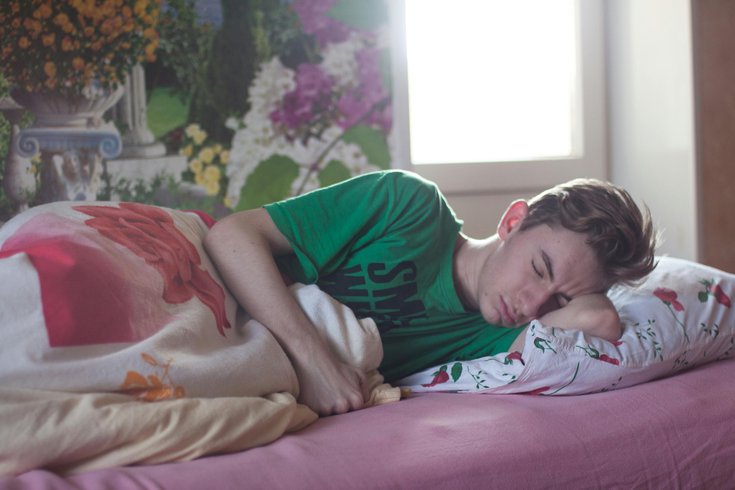
April 03, 2024
 John-Mark Smith/Pexels
John-Mark Smith/Pexels
High school students who go to bed later – or get up later – have fewer classes in which they earn As, according to a study by Stony Brook University researchers. Those who get up later also are at higher risk of being suspended or expelled.
Staying up late and having irregular sleep patterns is linked to poor academic performance and more troubled behavior for high school students, according to a new study.
Researchers at Stony Brook University in New York found that students who went to bed later – or got up later – had fewer classes in which they earned As. Those who got up later also were at higher risk of being suspended or expelled.
The study also found that teenage students with inconsistent sleep patterns had a higher chance of earning Ds than those with consistent sleep patterns and that those who varied the number of hours they slept a night earned fewer As. These students also were at higher risk for behavioral problems in school.
The study, published in the journal Sleep, reinforced previous research indicating that later bedtimes could result in school tardiness and that adolescents are "biologically inclined to later hours," not amenable to early school start times.
Some school districts locally and nationwide have shifted start times for middle and high school students, following guidelines from the American Academy of Pediatrics that recommend start times of 8:30 a.m. or later. The AAP says this allows adolescents to improve their overall health, wellbeing and academic success.
Philadelphia public high schools have varied start times, with many beginning as early as 7:30 a.m., despite recent efforts to standardize and shift high school start times later.
Several school districts in Chester County, at least one in Bucks County and one in Delaware County adopted later start times several years ago for their high schools. Lower Merion School District is pushing back the start time for its two high schools from 7:30 a.m. to 8:30 a.m. for the 2024-2025 school year – like other districts, citing research about the health benefits of later start times for adolescents.
Shifts in adolescence in circadian rhythms, melatonin secretions and in "sleep drive" mean that teenagers have a harder time falling asleep early than adults and young children do. But adolescents still need 8.5-9 hours or sleep a night.
"On a practical level, this research indicates that the average teenager in today's society has difficulty falling asleep before 11 p.m. and is best suited to wake at 8 a.m. or later," the APA summarized in 2014.
The latest study analyzed data from 800 students, compiled from a larger study, in which participants gave information about their grades and school-related behavior. Researchers also were able to estimate the students' sleep patterns based on outputs from wrist accelerometers – devices that recorded the participants' movements.